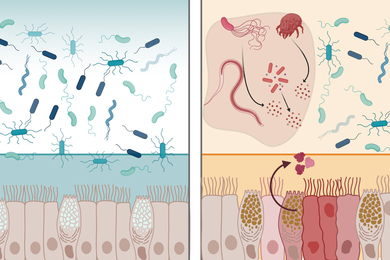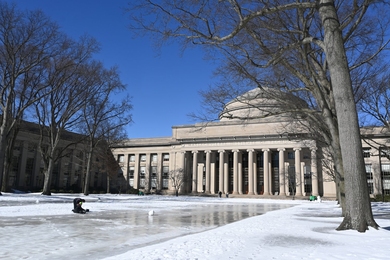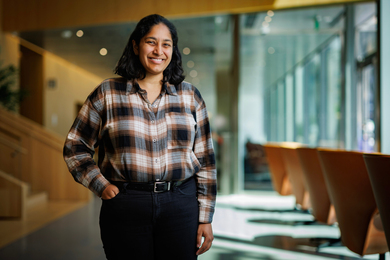The MIT Center for Environmental Health Sciences has awarded grants for seven pilot projects to MIT faculty and scientists.
The center allocates a significant portion of its funding to pilot projects to achieve the following: provide initial support for investigators to establish new lines of research in environmental health; allow exploration of innovative new directions representing a significant departure from ongoing research for established investigators in environmental health sciences; and stimulate investigators from other fields to apply their expertise to environmental health research.
The award recipients and their projects are:
- Jeffrey Coderre, associate professor of nuclear science and engineering, to study the role of vascular endothelial cell damage in tissue response to low-dose radiation
- John Essigmann, professor in the Division of Biological Engineering, to study transcriptional networks affected by agents that suppress toxicity and carcinogens by aflatoxin B1
- Roman Stocker, assistant professor of civil and environmental engineering, for microfluidic investigation of motility of environmental pathogens
- Steven Tannenbaum, professor in the Division of Biological Engineering, to develop a strategy for interrogating the metabolic state of hepatocyte cultures
- Kathleen Vandiver, director of community outreach and education programs at the Center for Environmental Health Sciences, and Beryl Rosenthal, director of exhibitions and public programs at the MIT Museum, for an exhibit called "The Cell is a Molecular Machine"
- Michael Yaffe, associate professor in the Division of Biological Engineering, to study a high-throughput automated microscopy-based RNAi screen for modifiers of the DNA damage response
- Jacquelyn Yanch, professor of nuclear science and engineering, for the design and construction of a long-term, low-dose-rate mammalian cell irradiator
The projects will be funded for one year, until June 30, 2007.





